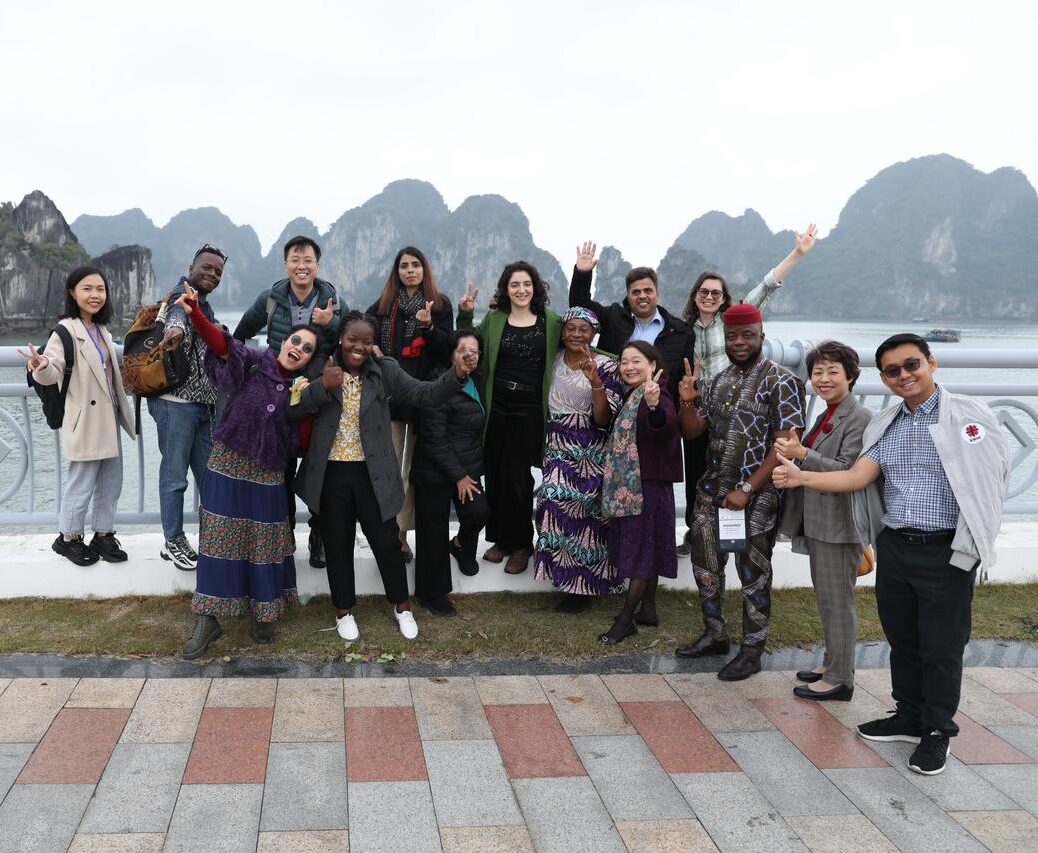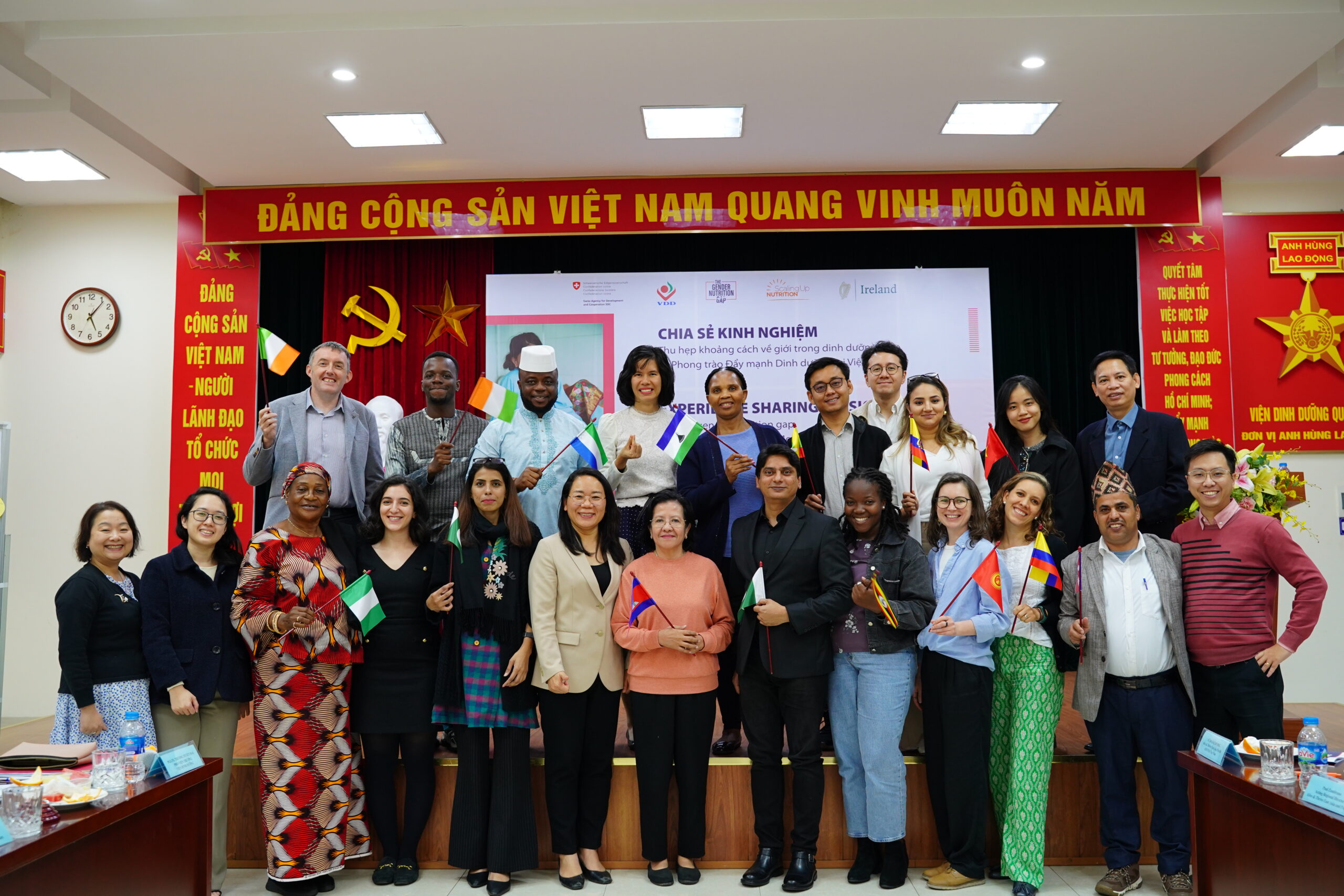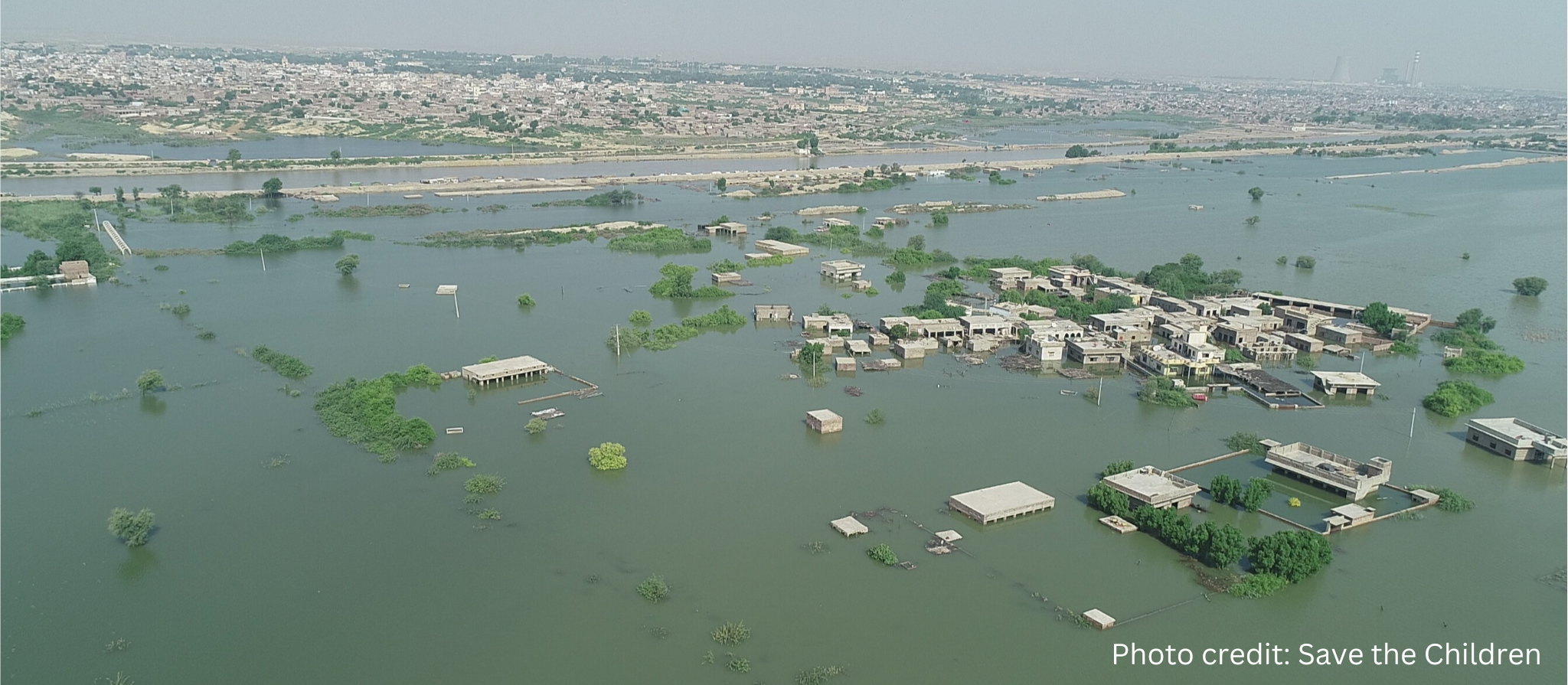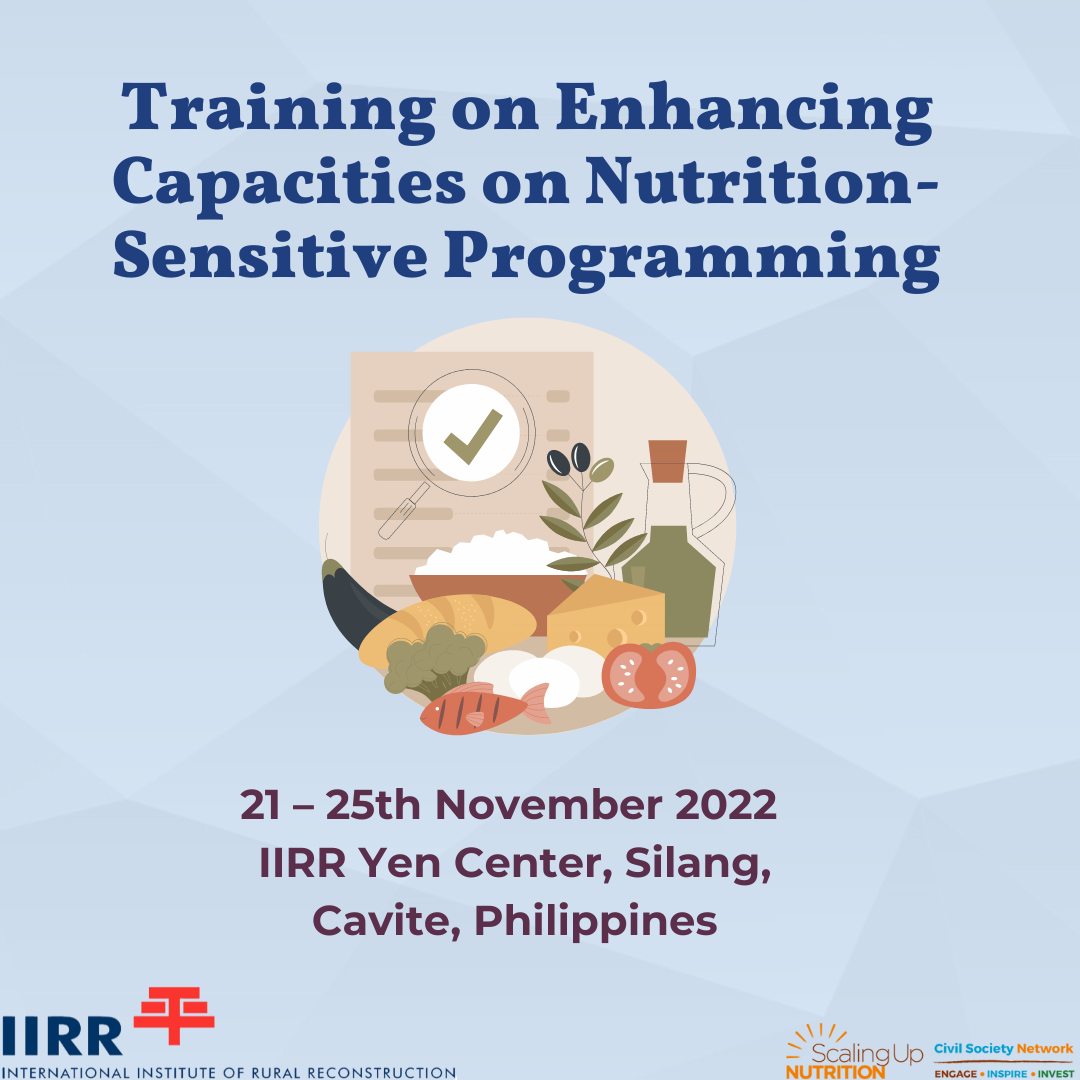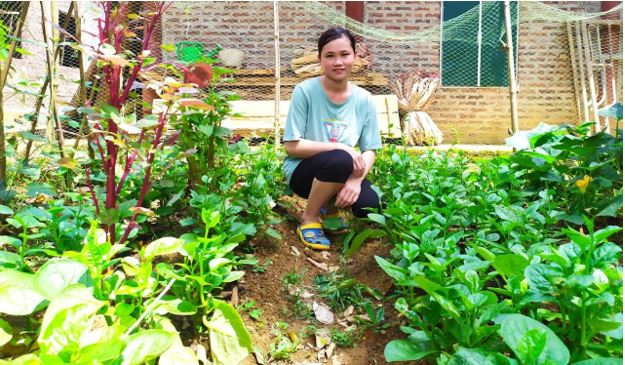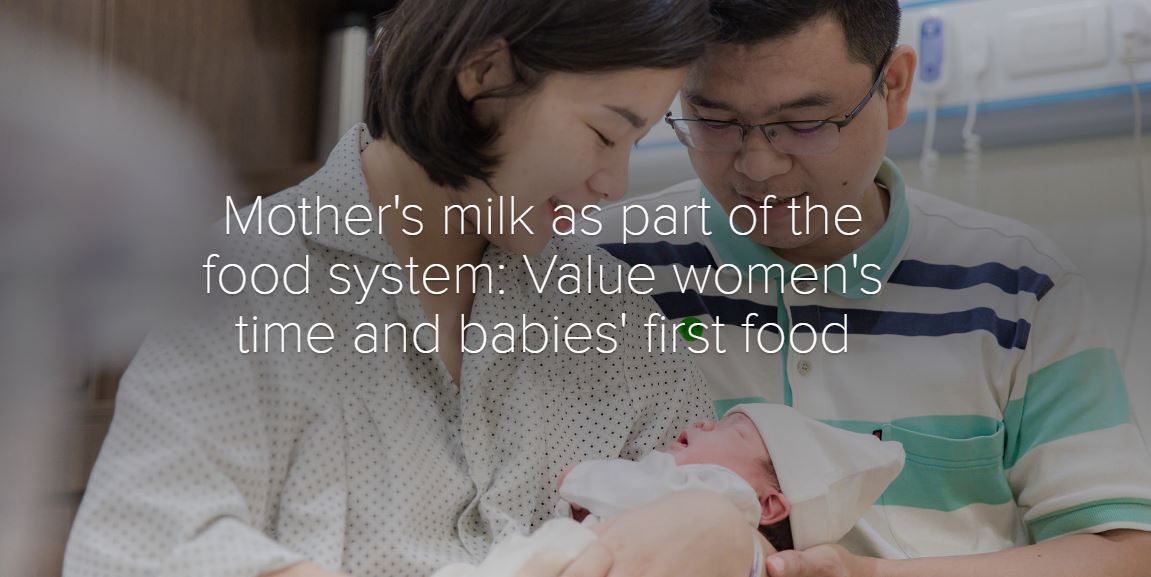A Personal Reflection on a Training Experience in Vietnam by Kansiime Ruth Praise As I reflect on the transformative journey through « Closing the Gender Nutrition Gap » training organized by the Scaling Up Nutrition Civil Society Network (SUN CSN) in collaboration with Vietnam Civil Society Alliance (CSA), a spectrum of experiences, insights, and cultural immersions flood […]
LireToutes les infos Women’s Nutrition
Sélectionnez les sujets qui vous intéressent pour filtrer les articles.
A Timely and Engaging Learning Experience:
A Pakistani Perspective by Kaleem Ullah
LireEmpowering local voices at the Micronutrient Forum 6th Global Conference: A critical role in shaping the global agenda on nutrition resilience
By Alexandra Newlands, Head of the Scaling Up Nutrition Civil Society Network & Irshad Danish, Senior Advocacy Adviser at Nutrition International, and Chair of the Scaling Up Nutrition Civil Society Network With the contributions of Tanuja Rastogi, Director of Advocacy & Communications, Micronutrient Forum At the forefront of our journey towards a healthier and more […]
LireFlooding in Pakistan: Fears for Nutrition and Food Security
Flooding in Pakistan: Fears for Nutrition and Food Security Devastating flooding in Pakistan has swept away crops and stockpiles and left large areas of farmland under water, deteriorating the precarious food and nutrition security in the country. The communities who were already living on the edge now need to cope with this sudden shock of […]
LireTraining on Enhancing Capacities on Nutrition-Sensitive Programming
November 15-16th 2022 (virtual) 21 – 25th November 2022 (in-person) IIRR Yen Center, Silang, Cavite, Philippines Application deadline: 27th September Malnutrition and hunger continue to afflict children and adults alike across the world, affecting their growth, development, and productivity. If unaddressed, undernutrition has serious short and long-term consequences for a child’s development. Access to, and […]
LireInternational Women’s Day: Women in Food Systems with Zuhra Dadgar-Shafiq
Do you feel that food systems support you as a woman? Women have a prominent role all across the value chain of the food system, for instance as farmers and food producers, merchandisers, educators, cooks, servers, and leaders of food organizations. Food systems enhance women participation and benefits they receive through improved access to resources […]
LireInternational Women’s Day: Nov Nouket talks Food Systems and Food Security in Cambodia
First of all, I would like to introduce myself, my name is Nov Nouket, I am coordinator of the People Centered Feeding Systems project by IIRR-Cambodia. 2014, IIRR started a big project in Kandal province, Cambodia. This project was financed by IIRR Newman’ Own Foundation (NOF) and Latter-Day Saints. Since then, IIRR has worked with […]
LireInternational Women’s Day: Interview with Martha Nyagaya
Are you a women working in food systems, what do you do? Yes, I am Nutrition International’s Country Director in Kenya. In this role I lead program planning, development and implementation of multisectoral nutrition programs. I also manage relations with Donors, Government of Kenya and other key local stakeholders. As the Chair of the SUN […]
LireInternational Women’s Day: Women as a change agent in ensuring food security
Women in Food Systems: A story by HKI Vietnam Bui Thi Hoai, a young Muong mother in Chi Dao commune shared that after two years of attending the Enhanced Homestead Food Production project, she has gained lots of new knowledge about nutrition and agriculture, that she never known before. Thanks to the monthly communication sessions and […]
LireInternational Women’s Day: Mother’s milk as part of the food system
I’m Linh – a breastfeeding mother. I am lucky to have a full house with two beautiful daughters in Hanoi, Viet Nam, both of whom were exclusively breastfed. I start each day happily breastfeeding my seven-month-old baby. Breast milk is the #firstfood, the perfect source of nutrition for babies in the first two years and […]
LireEnvoyer un article
Si vous êtes membre d’un Réseau de la société civile SUN et que vous souhaitez partager un article, envoyez-le en remplissant le formulaire de contact et en sélectionnant « Envoyer un article » dans la section « Motif du contact » afin que nous puissions le lire et le publier.
I’m Linh – a breastfeeding mother. I am lucky to have a full house with two beautiful daughters in Hanoi, Viet Nam, both of whom were exclusively breastfed. I start each day happily breastfeeding my seven-month-old baby. Breast milk is the #firstfood, the perfect source of nutrition for babies in the first two years and beyond. By breastfeeding, I protect my babies against many common illnesses and reduce my own risk of cancer and diabetes.
Though breastfeeding is a natural process, many babies are not breastfed according to recommendations. Two out of three babies worldwide are not exclusively breastfed at six months. An estimated 78 million babies are not breastfed within the first hour of life, putting them at higher risk of death and disease and making them less likely to continue breastfeeding[1].
Breastfeeding is not a one-woman job. It takes a village to raise a child, and it takes a whole society to build a breastfeeding-friendly environment. Mothers need trusted information, timely counseling and adequate support from families, health facilities, workplaces, and policy makers to confidently breastfeed. Viet Nam has extended maternity leave to six months and allows women to take one paid hour per day to breastfeed or express milk, making it possible for working mothers to continue breastfeeding. Recently, in November 2021, the Vietnamese Ministry of Health also approved national guidelines on the establishment and operation of workplace lactation rooms.
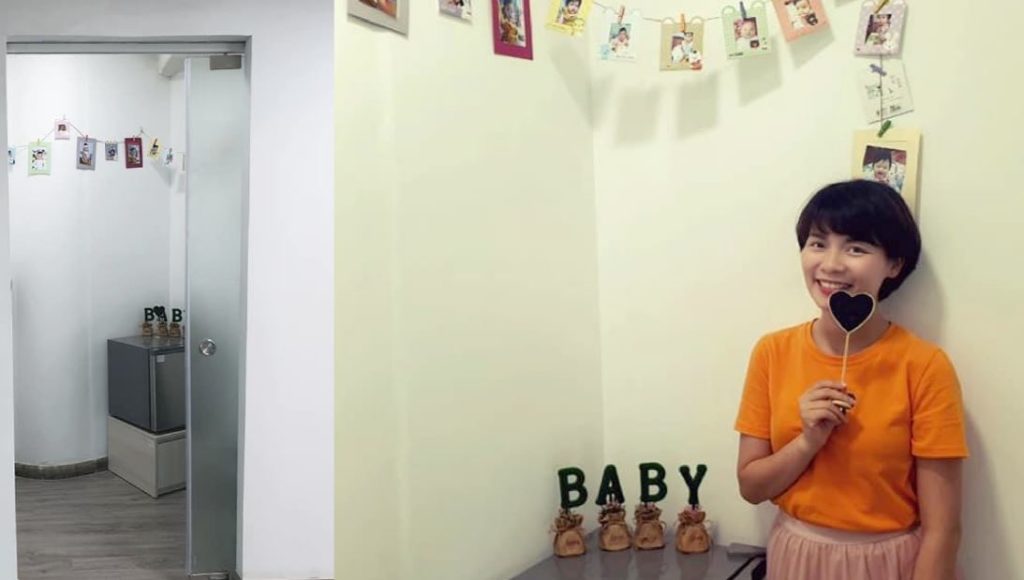
My work at Alive & Thrive – a global initiative to save lives, prevent illness, and ensure healthy growth of mothers and children – helps increase babies’ access to their #firstfood. As a Regional Knowledge Management Officer, I promote approaches and models that effectively support breastfeeding, manage social behavior change campaigns, and disseminate evidence-based messages on maternal, infant and young child health to mothers and families through various media channels.
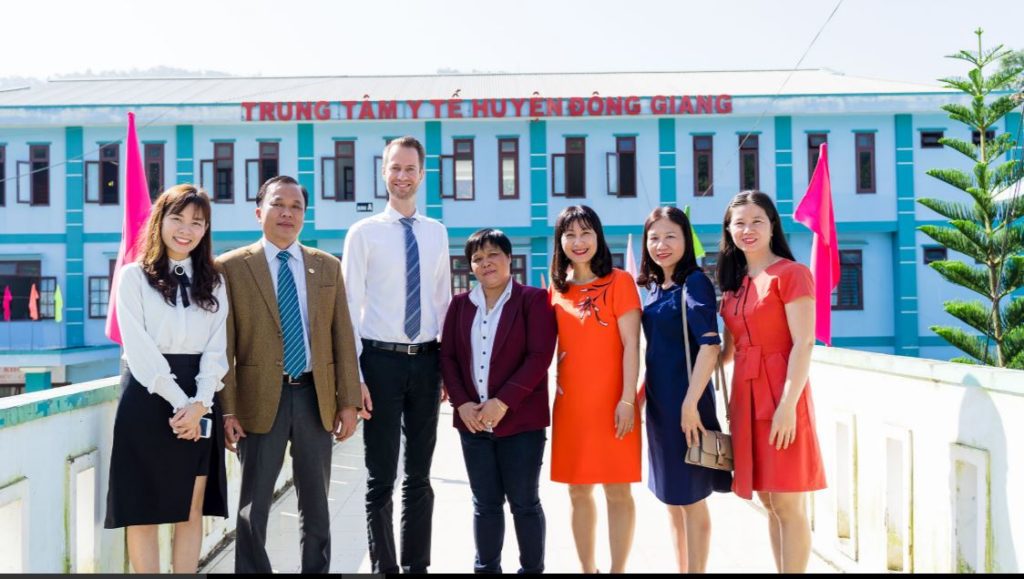
I also donated my expressed breastmilk to the Human Milk Bank at the Viet Nam National Children’s Hospital, where more than 1,000 babies being treated at the hospital are temporarily unable to breastfeed, including those born preterm, low-birthweight, or having mothers infected with COVID-19 who are too ill to breastfeed. My donated breast milk, once pasteurized, will be distributed to babies in need. I feel fulfilled, as sharing milk is sharing love with other babies and families.
Breastfeeding, as part of the food system, can be protected, supported, and promoted by simple actions by anyone, anywhere, and at any time. A husband can help his wife with the chores while she is breastfeeding their baby. A business owner can implement a workplace lactation support program that ensures paid maternity leave and break time for nursing mothers, access to comfortable lactation rooms, and a communication package that encourages breastfeeding at work. A health worker can incorporate nutrition and breastfeeding counseling into routine visits before and after childbirth. And policy makers can adopt, strengthen, and implement policies that support breastfeeding, including incorporating the 10 Steps to Successful Breastfeeding in hospital standards and evaluation systems. As a mother, I want to passionately share the benefits of breastfeeding with other parents.
Alive and Thrive South East Asia have already created an online ‘Cost of Not Breastfeeding’ tool to help determine the future economic losses of low- and middle-income countries due to not breastfeeding according to recommendations. To make the economic value of breastfeeding more visible to policymakers and society everywhere, Alive & Thrive and the Australian National University have partnered to advance development of the Lost Mothers Milk Tool – A solution to value and protect nature’s perfect food system. Click here to visit the tool.
Breastfeeding strengthens the bond between me and my little angel. I cherish every moment breastfeeding my baby.
Together, we step up for breastfeeding. Together, we ensure food security.
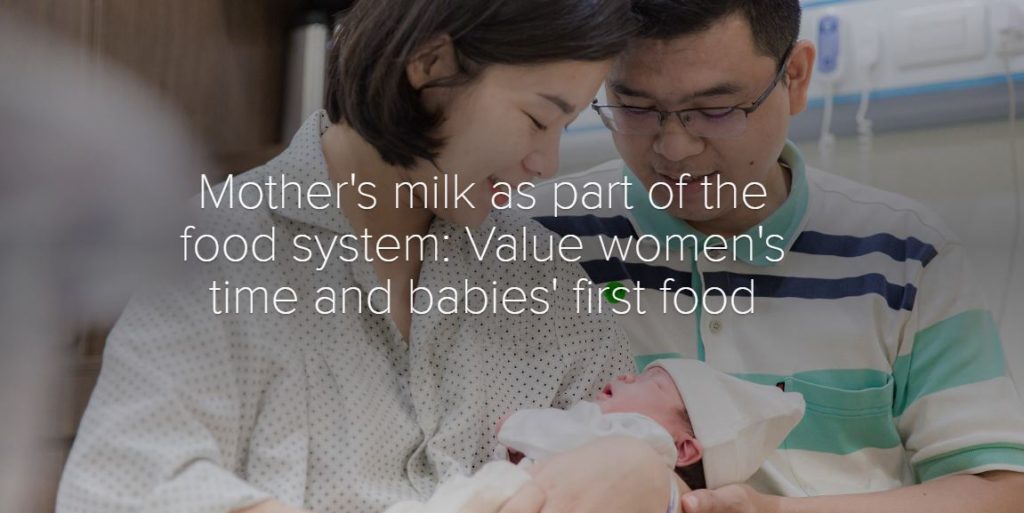
Check out Linh’s story in visual format here.
[1] World Health Organization, 2018

